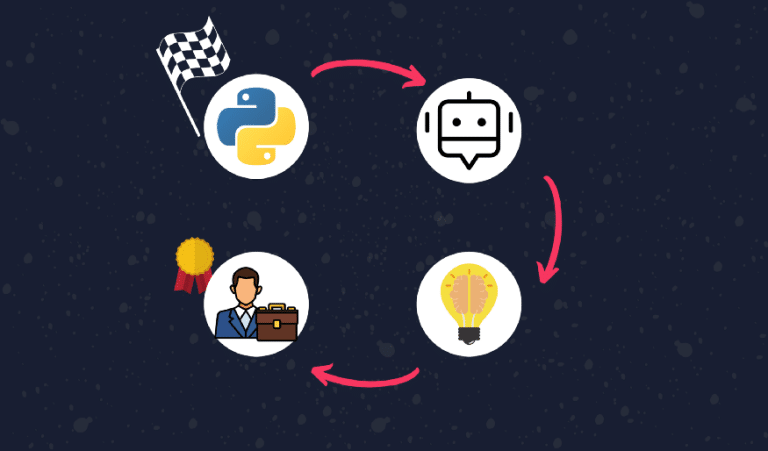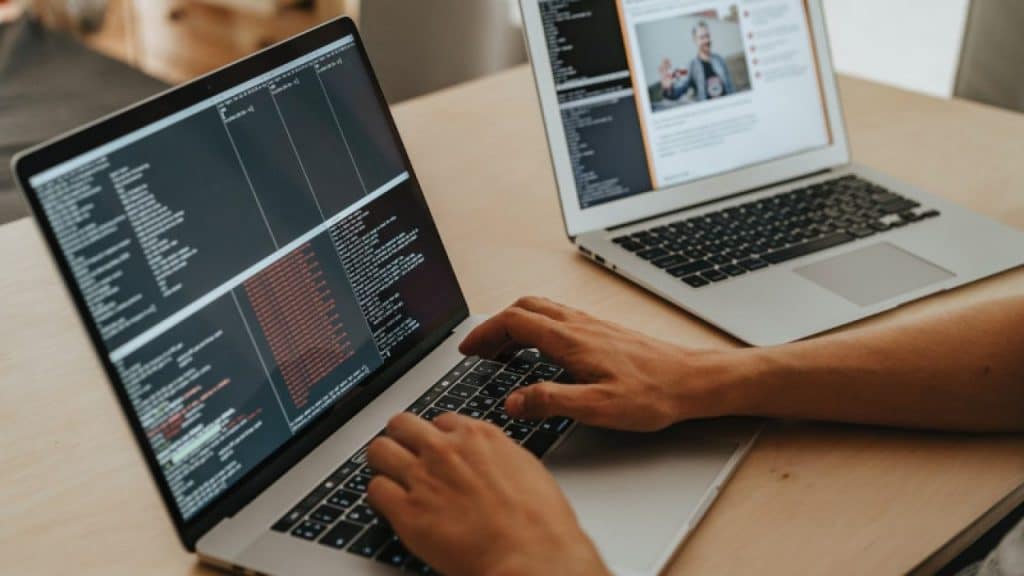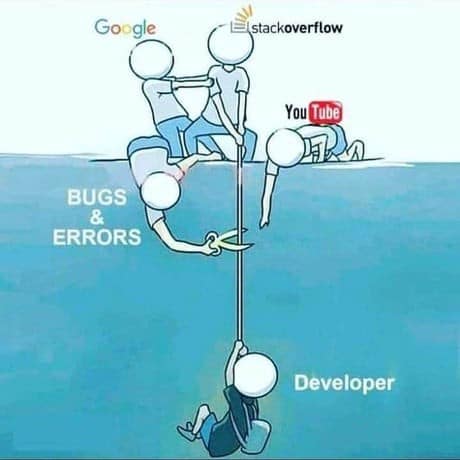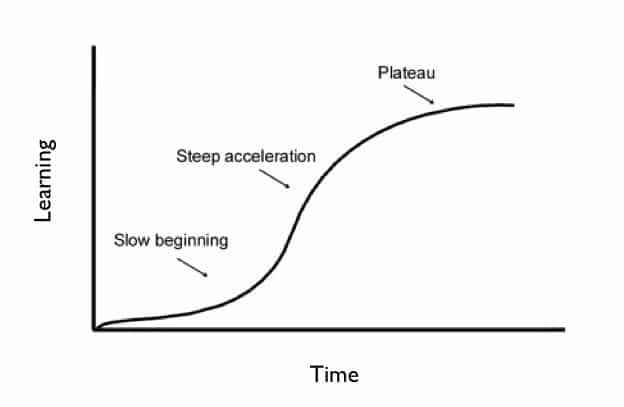For many of us, beginning to code is a daunting task that may be a tedious chore before going to bed. This occurs since most of us are required to study code as part of our employment or education, and we often have little to no say in the programming languages we study or the kind of problems we are asked to answer.
In my experience mastering my maiden programming language, this simply served to impede my progress. If I were to start learning to code all over again, I would follow these steps. I’ll be leaving behind methods, tools, and resources that will help you learn to code quickly and improve your chances of finding work in the field.
So, let’s begin.
Contents
1. Start Simple
It’s best to get off to a good start while starting to code, so choose a simple language. We won’t be using this language indefinitely, but rather as a stepping stone into the realm of computer programming. Which programming language is the simplest while yet providing the greatest value? Python!
Whether you’re interested in learning to code for work or for leisure, starting with a simple language like this will make it less likely that you’ll lose interest. Further, Python’s adaptability means it may be used for a wide range of purposes, from web development to statistical analysis.
2. Develop a coding mindset by solving projects
Although automation is wonderful, there is something much more awesome. Putting your mind to work on problems that mean a lot to you. Particularly important for those without prior job experience. You should now have a solid grasp of your introductory programming language and be ready to put that skills to work on a pet project. You may be thinking, “What am I meant to do if I get lost if there isn’t a lesson with the remedy?”
Having a “code mentality” becomes easier with this. Every developer needs a coding mentality to find answers and resolve issues. This is vital since answers to difficulties in the real world can’t be found in a book or a film.
3. Put all the concepts into practice
There is an initial burst of enthusiasm when we learn anything new that compels us to continue trying no matter what, but this enthusiasm fades quickly, and we are left wondering where to go next. This is problematic since maintaining fluency in our initial programming language requires consistent practice. Instead, we should put our learning to service in some simple yet practical way.
When we hit a threshold, this gives us a feeling of accomplishment that encourages us to keep it going. The automation of routine chores is a simple way to give us that satisfaction. We all have daily routines that are tedious and monotonous. Our time would be better spent focusing on more pressing matters, and we could save ourselves a great deal of effort by having the computer do these chores for us using a few simple pieces of code.
Takeaway
I recommend starting with a simple language like Python and working your way up to the fundamentals of programming. Put your new knowledge to use in your daily routine! This is a great way to keep yourself motivated and able to recall important information. Gain experience in the field by completing own projects.





